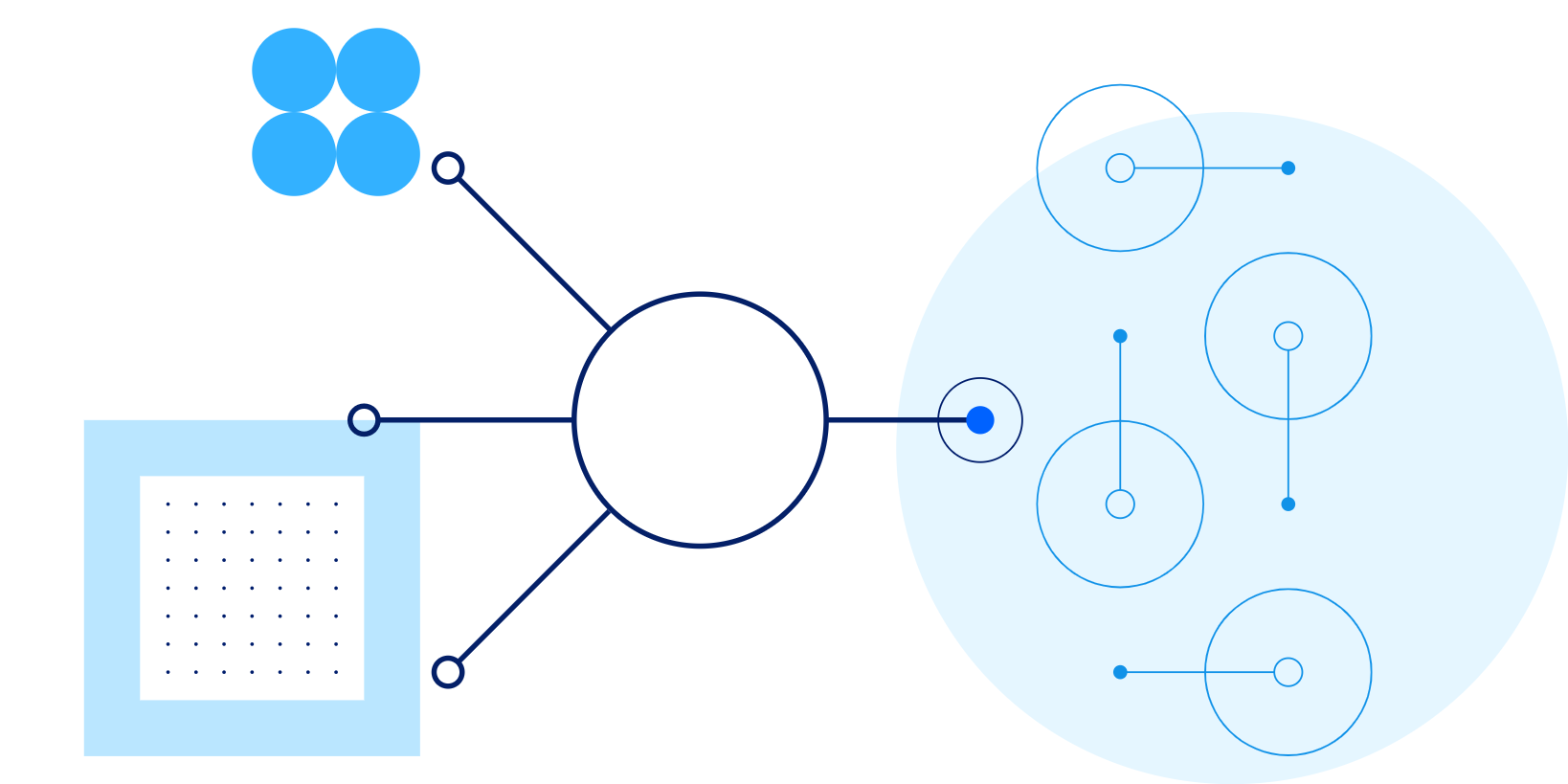Perspectives
It’s time for enterprises to learn from experience
10 November, 2020 | Written by: Andrei Savin
Categorized: Perspectives
Share this post:
IBM iX European Client Innovation Centres lead, Andrei Savin, argues that customer experience can be both a catalyst and a guiding principle for enterprise transformation.
As the world starts to emerge from pandemic-fueled disruption, many of us are sensing an opportunity to consciously reset the way business and society operate. We’re all facing up to a new normal anyway so why not try to deliberately eliminate some of the more frustrating or wasteful elements of the old normal at the same time? Across the board, we’re seeing accelerated roadmaps for digital transformation, most of which are – correctly – being driven by a conscious focus on the customer or citizen experience.
Of course, this was happening before Covid-19, too. Businesses across many industries were looking at ways to remodel themselves around experiences and services, part of a more general trend towards differentiation based on customer experience rather than product or price. So, instead of making cars, big auto brands began to position themselves as providers of mobility services. And it was more than marketing smoke and mirrors too: one of my favourite stories from the IBM iX portfolio is about how we deployed enterprise design thinking with Volkswagen to create an in-car experience that supports and guides the driver in ways that go far beyond current standards and expectations.
But the pandemic really brought things to a head. For businesses and institutions everywhere, the primary focus was suddenly the personal safety of employees and customers. This then gradually morphed into operational considerations as thoughts turned to the longer-term security of businesses and their people. Now, we’re planning for a new future. Across all these phases, business and government leaders were making practical and financial decisions but they all ultimately boiled down to protecting and enhancing human experience. And that’s exactly as it should be.
Everything we do at IBM iX is driven by human experience. Whether the experience we’re trying to enhance is for customers, employees or even suppliers, it all starts with personalising the outcome we’re aiming for. That’s the heart of Enterprise Design Thinking and that’s what drives 17,000 IBM iX designers and strategists around the world. And as well as embracing this thinking ourselves, we recognise the importance to upskilling our clients so they can build further momentum internally and integrate experience-focused thinking deeper into the enterprise.
On a practical, level, I believe there are three ways businesses can quickly benefit by adopting an experience-led approach.
Smarter customer experience
The Volkswagen example demonstrates how a business can refocus around the customer and its experience of engaging with the products and services it provides. Many businesses are on this journey already; for others it might be a case of focusing on specific processes and reinventing them around a customer need.
Many suppliers, for instance, have been forced to revisit their fulfilment processes to provide effective and profitable direct-to-consumer online retail for the first time. And in extreme cases, businesses are pivoting entirely: oil giants doubling down on renewables, for instance, partly out of financial necessity but also to address a very real consumer demand.
Reducing cost, complexity and friction
Far from being a cost to businesses, a focus on customer experience can lead to significant savings by forcing them to break down silos that create friction and inefficiencies for the business and cause frustration for the customer. All too often, poor customer experience stems from poor back-end integration, a legacy issue that is all too easy to park – unless you genuinely put customer experience first.
One company that did just that was RBS (soon to be amalgamated into the NatWest brand), who set out to remove some of the stress from securing a mortgage. By creating an AI-driven front-end that could access key information and financial models, we enabled contact centre staff to deliver real-time mortgage quotes and approvals. NPS scores went up 20% across the board and a drop in the overall number of calls added up to a 10% cost reduction too. Customer experience really does pay.
Balancing strategic priorities
All too often, a single business can find itself trying to balance overlapping and apparently conflicting business priorities. Perhaps leadership is focused on growth, marketing wants to build long-term loyalty and IT needs to meet cost reduction targets. By stepping back and refocusing on specific customer outcomes, these entirely valid strategic imperatives can be recast in a complementary, holistic way, reducing friction within the business still more. Much of our initial work with executives is focused on just this kind of thinking.
Enterprise experience
In my opinion, all companies should prioritise customer experience as the core of their modus operandi. By doing so, they can create a competitive advantage that goes far beyond traditional differentiation. Loyalty and advocacy will follow. They will foster a culture of true customer focus and continuous improvement: after all, the last best customer experience we have becomes our minimum expectation for our next engagement. And they might just find themselves creating new and stronger alliances in their supply chain or partner ecosystem: a single company is rarely in control of the entire customer experience.
Some might ask why organizations should invest in experience when all the focus now is on cost reduction to protect, in many cases, a business that is shrinking thanks to Covid-19. But thinking of experience as a discretionary spend is a mistake. In order to remain in business during times like these, companies must excel in experience, creating new channels and competing even more to get their product out.
Customers. Employees. Suppliers. Partners. All of them benefit from a clear focus on experience. But of course, the real winner is the business itself. So, let’s all embrace the world of enterprise experience!

IBM iX European Client Innovation Centres Lead
Generative AI: driving a new era of HR transformation
Helen Gowler, Partner, EMEA Talent & Transformation Lead Today, I’m proud to be part of a company that’s committed to addressing gender bias in the tech industry. IBM is pioneering the use of AI to tackle this issue, and I’m excited to contribute to this effort. Our team is developing AI models that can detect […]
Multi-Modal Intelligence Platform
Traditionally, data management systems provided only numerical or textual based business intelligence primarily for back-office users across finance, sales, customer management and supply chain. Today, we are increasingly seeing data management systems which drive key business functions requiring interrogation of multi-modal data sets from documents, presentations, images, videos to audio. This demands a more sophisticated […]
The use of GenAI to Migrate and Modernise Organisational Core Programming Languages
GenAI is hugely powerful and supports a diversity of use cases by focusing on routine work – allowing people to focus time on value-add tasks, thus enhancing productivity. The focus of this use case is for an organisation which had previously focussed on a legacy set of tooling and programming languages and needed a way […]


